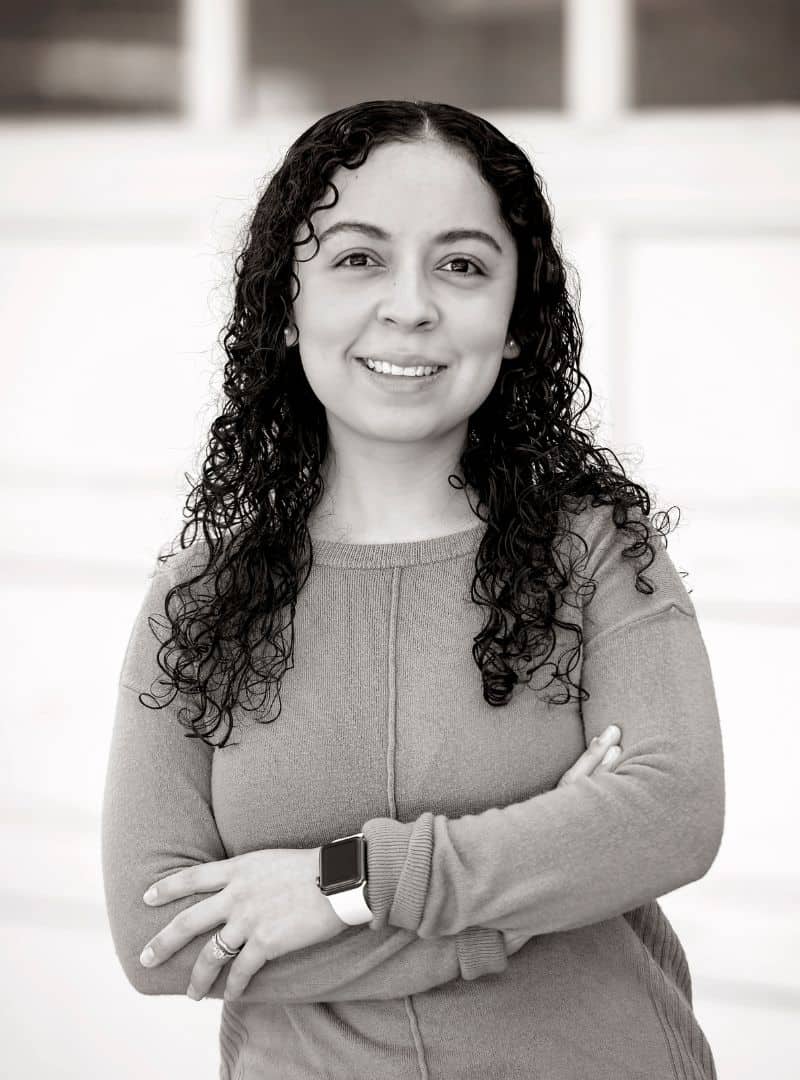On any given day in Nebraska, there are around 3,800 children in foster care. Each of these kids long for a safe, loving home. Children in foster care have faced abuse, neglect, or challenging family situations and deserve love, support, and care.
Just like everyone else, relational connection is what a foster child needs most. As a foster parent, you can offer a child meaningful connection to help them grow emotionally, mentally, and spiritually.
Becoming a foster parent is an exciting and rewarding journey. But the process and training leading up to caring for a child can feel overwhelming. If you’re feeling this way, don’t worry. That’s completely normal.
We’re here to help.
This article explains the requirements and process to become a licensed foster parent in Nebraska through Christian Heritage.
Let’s dig in.
What is foster care?
Foster care serves as a temporary living arrangement for children whose parents are unable to provide for them and whose need for care has been identified by child welfare agency personnel. Children may reside with relatives, foster families, or in group facilities during their time in foster care. Almost half of the children entering the foster care system eventually return to their parents or primary caretakers.
Why are children in foster care?
Children find themselves in foster care due to crises affecting them or their families. Often spanning from infancy to adolescence, these children have encountered unsafe conditions, abuse, neglect, or have parents incapable of caring for them. Consequently, they are removed from their parents’ custody.
The absence of family, familiar surroundings, and a predictable future poses significant challenges for children in foster care. Fortunately, legal provisions mandate that children in care maintain contact with their family, including parents and siblings, through regular visits.
Attending to the perspectives of young individuals in care is a crucial strategy for agencies seeking to enhance child welfare experiences and outcomes in the foster care system.
Who can be a foster parent?
Foster parents in Nebraska come from diverse backgrounds and walks of life. Whether you are married, single, live in a house or apartment, have children of your own, or none at all, you can make a difference in a child’s life.
However, there are specific requirements you must meet.
- Be at least 21 years old.
- Have a reliable source of income or be employed.
- Possess a valid driver’s license and dependable transportation.
- Complete a background check, which also applies to any household member over 18 years old (Note: other adults in the home do not need foster parent training).
- Provide at least one identified bedroom for the foster child. A foster child can share a bedroom with your children based on age and sex. It’s better if they have their own space, but we realize sometimes that’s impossible. You would not qualify as a foster parent if you currently reside in a one-bedroom home or apartment.
- Complete our foster care parent training and meet all Nebraska state licensing requirements.
What is required to be a foster parent?
You must complete several items to become a licensed foster parent in Nebraska.
- Background check: All household members aged 18 and above must undergo a local and national criminal history check, including fingerprinting.
- Home study: A thorough home study will be conducted by Christian Heritage. The time this takes may vary based on the specifics of your home.
- References: Each adult household member providing care to children must have three positive reference checks.
- Application: Complete the foster care licensing application and a health information report for each adult household member providing care, signed by a health practitioner. These forms will be provided by Christian Heritage.
- Training: Adult household members providing care must attend foster care training sessions to equip them with the necessary skills and knowledge to care for children.
What can I expect from the foster parent training?
To become a foster care parent, you must complete the Trauma-Informed Partnering for Safety and Permanence-Model Approach to Partnerships in Parenting certification (or “TIPS-MAPP” for short).
This 10-week course aims to help you build the necessary strengths and skills for parenting children who have experienced abuse, neglect, and various challenges. It also equips you to partner with the child’s family and support their safe return home.
During these classes, you’ll have the opportunity to learn alongside other prospective foster families to help you build a strong support network.
Classes are held several times a year in the evenings. Our next class begins on January 15.
Foster Care FAQs
How do I become a licensed foster parent?
The application process involves taking our foster parent training (called TIPS-MAPP). The training is 11-weeks long. You’ll meet once a week for 3-hrs. During your training, you’ll begin your home study. A home study is your chance to help us get to know the entire picture of you, your family, your history, and help you prepare for fostering. This careful screening process helps you determine whether or not foster care is right for you. If yes, this process also helps us match the right child to your home.
How long does the licensing process take?
With taking the 11-week training, the whole process from training to licensing to being able to welcome a child in your home should take 3-6 months.
Who are the children in foster care?
A child in foster care may be from birth to age 19. Time in care ranges from a few months to a year or more. Foster families that can care for siblings and teenagers are needed most.
Children ages birth through five years rarely enter foster care. Over 80% of children enter care because of neglect, though some enter care because of physical, sexual, or emotional abuse.
Our training and support of you is critical to helping these children experience stability in a Christ-centered home.
What makes for a successful foster parent?
Our most successful foster parents are teachable, dependable, and compassionate. They’re willing to learn about trauma and how using different parenting styles for children with trauma can be effective and healing. They also know they can’t do it alone and are ready to ask for help when they need it.
Do I need special training to become a licensed foster parent?
Yes. In Nebraska, you are required to have at least 21+ hours of initial training. To finish your licensing process, you need to complete a home study and background check as well. We’ll provide everything you will need in a clear, straightforward process.
Do I have to take every child you ask to place with me?
No. Before placement, Christian Heritage will present you with available information about the child we believe “matches” best with your situation. You can always ask for additional information, but sometimes we know very little about a child. You always have the choice to accept or reject a placement. Saying “no” does not affect if we ask you to care for children in the future. You always have the right to do what’s best for your family.
What kind of support does Christian Heritage offer?
Christian Heritage has an incredible reputation for the support we provide our foster children and families. We are often told we “do so much more” than other agencies. We maintain frequent, consistent contact, and with our on-call line, we’re available 24-7 every day of the year.
Christian Heritage is here to help become a licensed foster parent. But we’re here for so much more than that. We want to equip you to be a safe, loving, connection for vulnerable children for as long as God calls you to foster care.
Do foster children ever become available for adoption?
Yes. Our ultimate goal is for children to return to their home. But sometimes that’s not possible and the court may order an adoption. As a foster parent, you would be a consideration for a child in your home who a permanent family.
Are you called to be a foster parent?
Becoming a foster parent is a big decision. It can feel exciting and scary at the same time.
That’s completely normal.
So before saying “Yes!” to everything foster care, say “yes” to a simple conversation with us. Whether you have questions, concerns, need more information, or are ready to register for a training, we’re here for you.
Reach out to us and we’ll set up a time to chat and walk alongside you as you begin your foster care journey.







